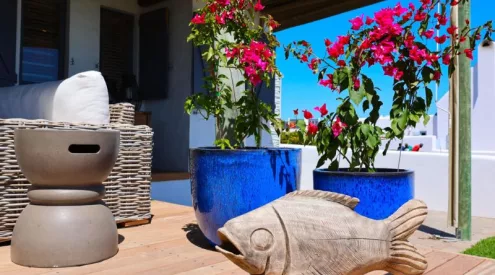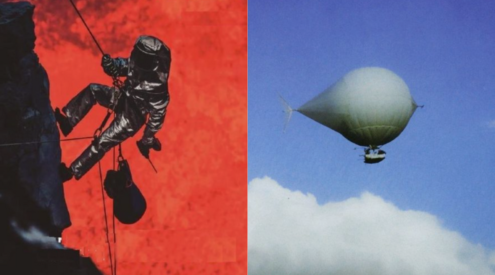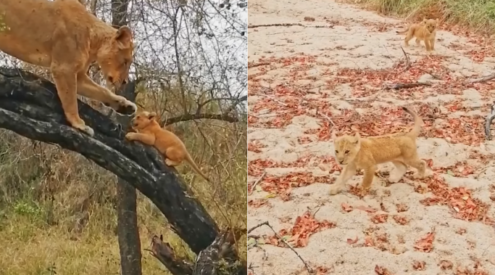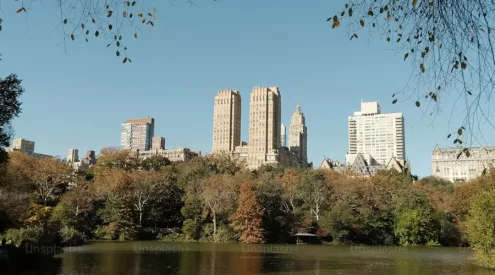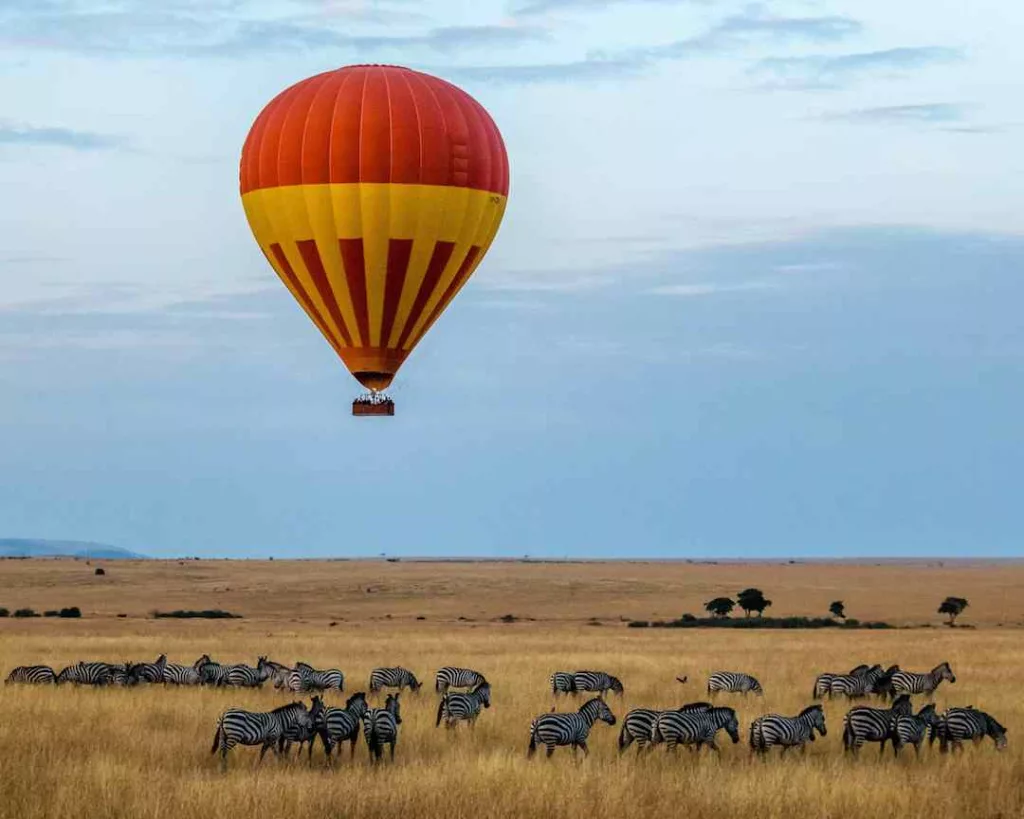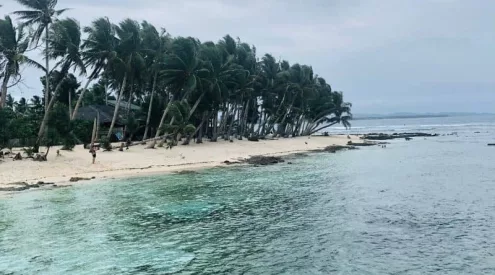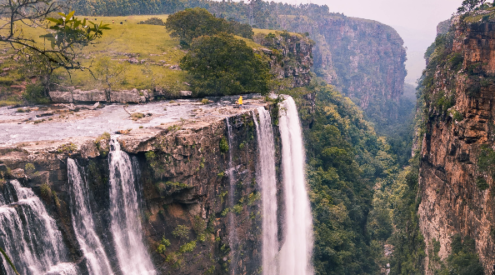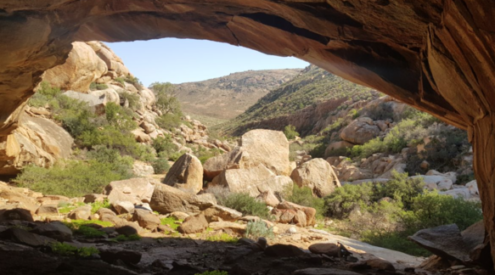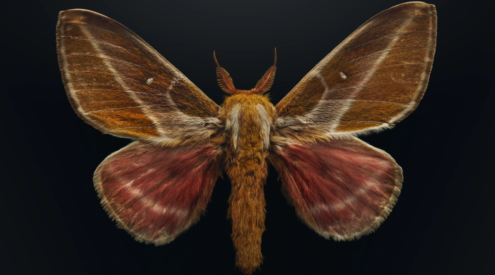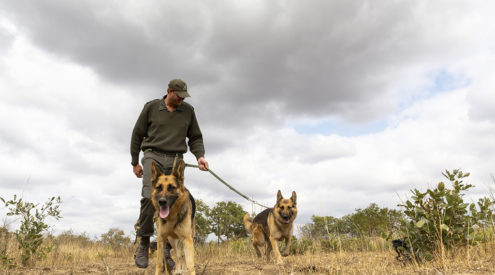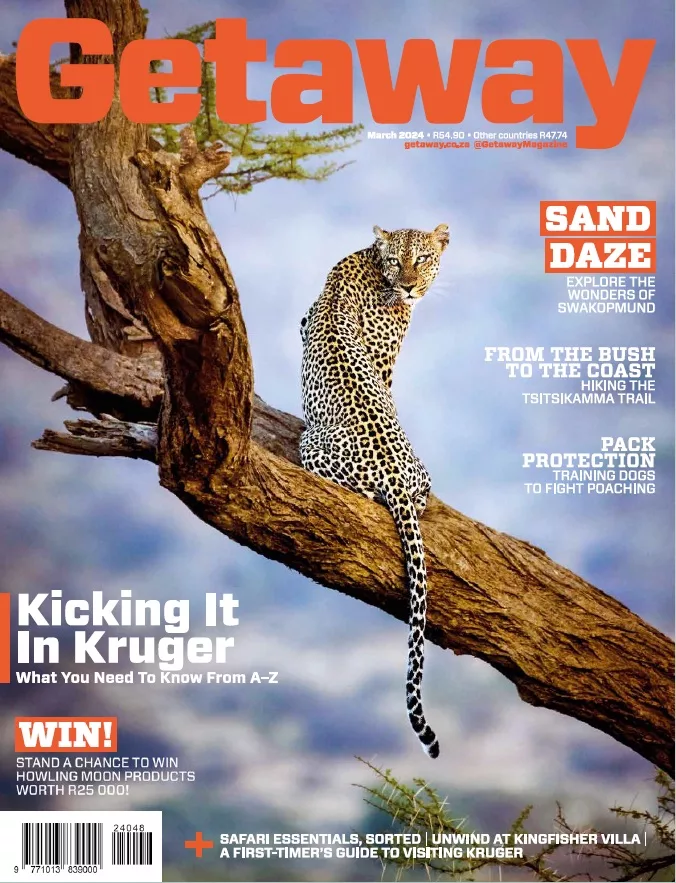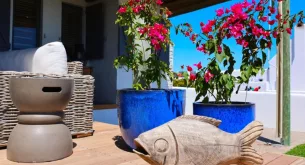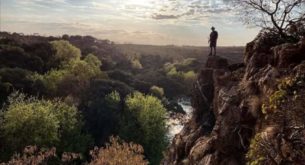Mike recently returned from a short stint in Malawi, most notably doing illegal fisheries monitoring control and surveillance missions with Smart Fish. Here are some of the photos he collected on his travels in the area around Cape Maclear.
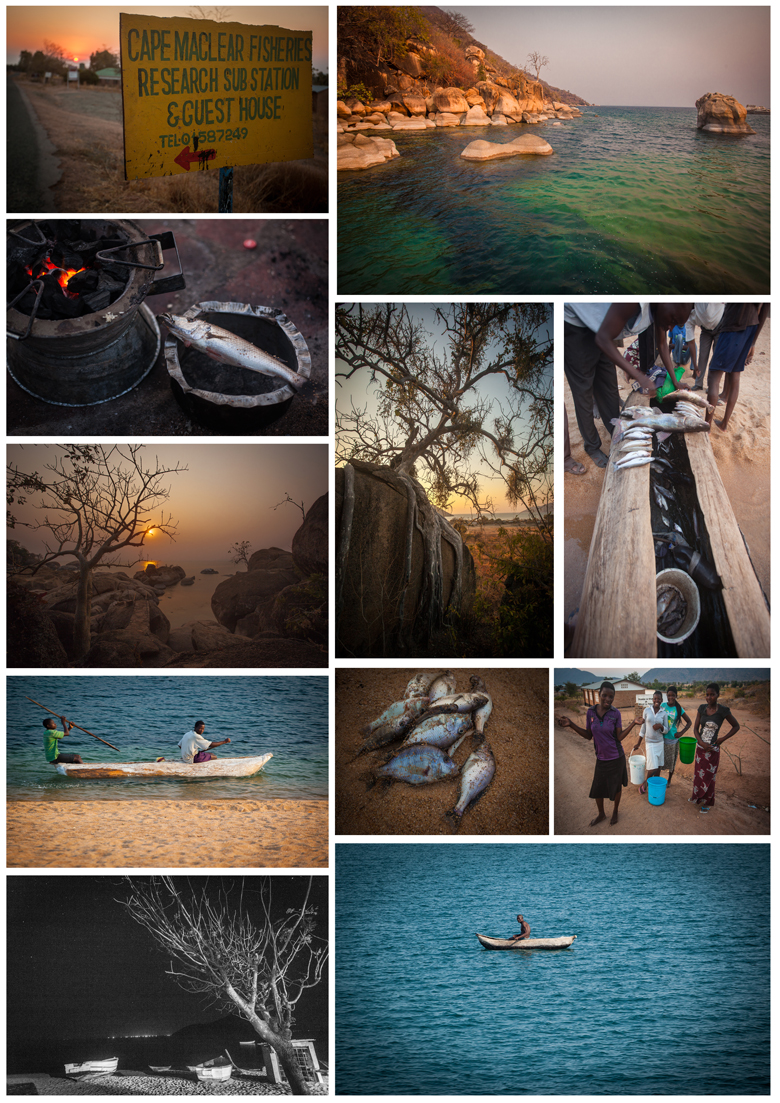
Cape Maclear (also known as Chembe) can be found on the Nankumba Peninsula along the southern shores of Lake Malawi. Many people go to this side of the lake to get romantic and cozy, a very popular resort spot for lounging on the beaches or heading out to visit some of the more popular islands close by (read: relaxing at Domwe and Mumbo Islands). The vistas are really something to write home about, and very photogenic. This section of Malawi is not lacking in any natural beauty and Malawian people are a service to their country’s tourism industry. All travellers talk about how welcome and friendly everyone is. Most of the places of interest around Cape Maclear – including its offshore islands – forms part of the Lake Malawi National Park, the world’s first freshwater nature reserve and a UNESCO World Heritage Site protecting hundreds of species of tropical fish.
That’s the good news I suppose.
Unfortunately at the moment Lake Malawi is battling a very serious problem when it comes to the sustainable use of its fishing resources. The Lake has an industrial fisheries fleet, ocean-going vessels (fishing trawlers) that have been actively engaging in bottom trawl-fishing in the lake for a number of years. Added into this mix the IMF has recently devalued the Malawian kwatcha by just fewer than 50%, meaning that each household has lost 50% of its income overnight. Now the local people need to fish and catch more to make up this loss of income, and the fish has become more expensive, putting a lot of pressure on a resource. The problem is that there has been very little government reform around this currency devaluation. What it means for this heritage site is that if there are a lot of fish within the borders of the park and people need to catch more, this area will be targeted. Mike even saw people fishing in the park when he was there – but the key problem is the government-sanctioned trawlers, which are destroying an ocean, just in a lake, damaging the breeding habitat for the breeding fish and the substrate.
Perhaps consider, if you are traveling there for the holidays, not eating the local Chambo fish. It’s highly overexploited and would not be a good idea – try the local Kapenta (looks like a little sardine fish, similar to the ones you find in Lake Kariba) because that one is not harvested by the local trawlers, and generally it can sustain more fishing pressure over other species.

